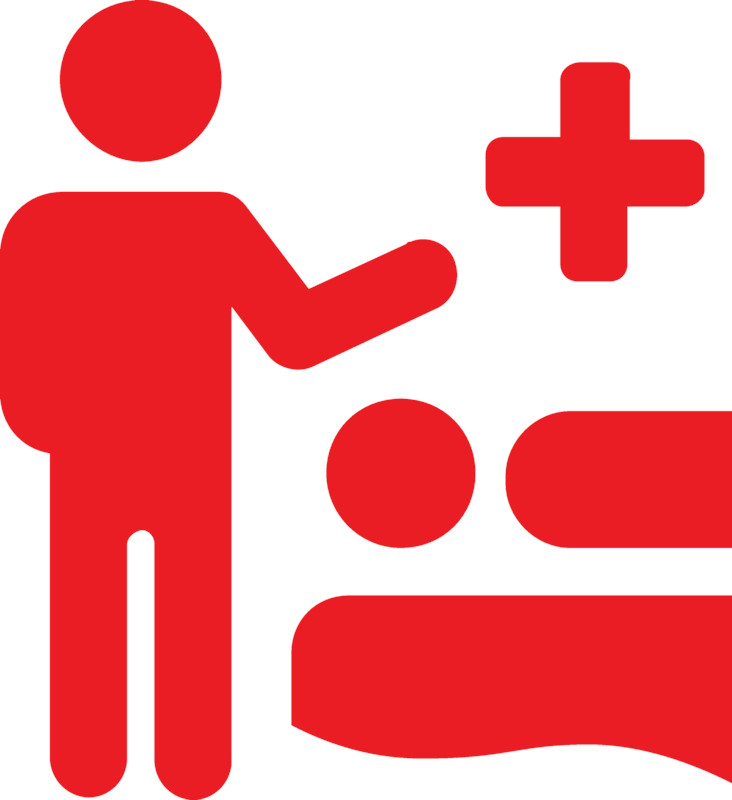AARP Eye Center
AARP Virginia 2025 Legislative Priorities
Prescription Drug Affordability Board

The price of prescription drugs are increasing well above the rate of inflation. Americans pay more for their medicine than any country on earth, and in Virginia we pay 36% more than the national average. In 2023, AARP Virginia polled voters of all ages and found that:
- Two-thirds (67%) of voters take prescription drugs, and half of them spend more than $600 annually on their medication
- 63% of voters are concerned about the cost of medication
- Across party lines, voters strongly support the creation of a Prescription Drug Affordability Board (Democrats - 85%, Republicans - 71%, Independents - 70%)
A Prescription Drug Affordability Board would:
- Be an independent state board with the authority to set an upper payment limit on a few of the highest-cost medications for Virginians
- Save taxpayers money by reducing state and local government spending on prescription drugs
- Help ensure affordable access to life-saving medicine for illnesses like cancer and diabetes
- Mitigate out-of-control prices set by the big drug companies

Nursing Home Quality of Care
In 2023, after two decades of advocacy, the General Assembly finally passed a law establishing staffing standards for Virginia nursing homes. While this was a positive first step, more must be done to ensure that the 30,000 residents of our nursing facilities are treated with dignity and respect and provided with high quality care.
- 49% of Virginia facilities hold just a 1 or 2-star rating from the Center for Medicare & Medicaid Services (CMS), meaning they are ‘below average’ or ‘much below average’ in terms of staffing and other quality measures
- 44% of Virginia nursing homes have had to put a hold on new admissions this year due to understaffing
Virginia must support policy changes that:
- Bolster our long-term care workforce so that facilities can recruit and retain the staff necessary to provide high-quality care
- Adequately fund medical facility inspectors to hold nursing homes accountable for meeting care standards
Home and Community-Based Services Presumptive Eligibility

After applying for Medicaid for home and community-based services, Virginians sometimes have to wait up to 3 months for final approval before they receive those services. These delays:
- Deprive people of services that they need
- Force many people unnecessarily into nursing homes
By empowering the state to presume eligibility for individuals with a high probability of having their Medicaid application approved, Virginia can:
- Allow more people to access immediate care to remain in their homes and communities and age in place
- Bring down unnecessary nursing home admissions
- Save Virginia taxpayers money

Medigap Open Enrollment
Virginians enrolled in Medicare are able to review and adjust their coverage annually. However, there is no such flexibility with Medicare supplement, or “Medigap” plans. Federal regulations give Medicare beneficiaries a single, six-month Medigap open enrollment period beginning the day their Part B coverage kicks in. After that, it can be difficult or even impossible to change your Medigap coverage.
In Virginia, that six-month window is the only guaranteed Medigap open enrollment period that Medicare beneficiaries will ever have. After the six-month window, potential enrollees are subject to medical underwriting, where medical history and pre-existing conditions can result in significantly higher premiums or outright denial of coverage.
Virginia can require Medigap providers to offer enrollees an annual open enrollment period for 60 days following the individual’s birthday each year. During this period, Virginians would have the opportunity to reduce their coverage (and premiums) or switch to another provider.
- Eight other states have so-called “birthday rules” in place for Medigap providers: California, Idaho, Illinois, Maryland, Oregon, Nevada, Louisiana, and Kentucky. Seven others have similar laws on the books
- This policy would give Virginians an annual opportunity to make changes to their coverage without medical underwriting, so they could not be denied or charged higher premiums based on pre-existing conditions
















)


















.jpg?crop=true&anchor=13,195&q=80&color=ffffffff&u=lywnjt&w=2008&h=1154)





























